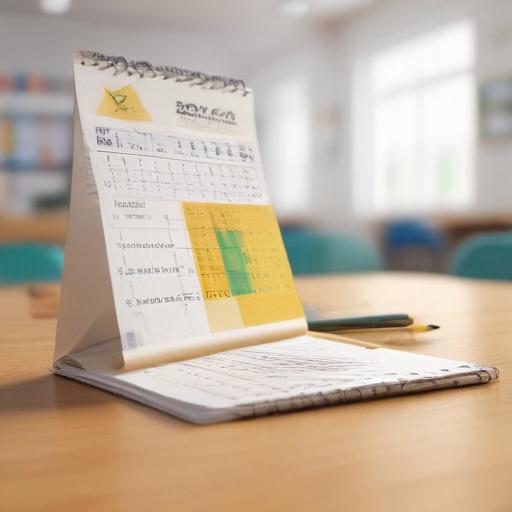The Ministry of Education in Brazil has released the 2025 exam schedule for the Enem (Exame Nacional do Ensino Médio), which serves as the primary route for students to access higher education in public institutions. This year, the exam will be organized in two stages and has already garnered significant attention.
Students can register until June 6, 2025, via the Participant Page on the Inep portal. The registration fee is set at R$ 85, but several groups are eligible for exemptions, including public school students in their final year, those from low-income backgrounds, and individuals registered with CADÚnico.
For those completing high school in 2025, the registration process will be streamlined, as their information will be pre-filled; they will only need to confirm their details and select a foreign language for the exam.
The examination will take place over two Sundays:
– The first stage is on November 9, assessing subjects such as Linguistics, Human Sciences, and including a writing component.
– The second stage is on November 16, focusing on Natural Sciences and Mathematics.
An exception arises for municipalities in the state of Pará, where, due to the COP30 climate conference held in Belém, the exam will be conducted later on November 30 and December 7.
Scores are determined using the Item Response Theory (TRI), which emphasizes the quality of correct answers over the number of correct answers. The TRI assesses three main criteria: discrimination, difficulty, and random chance.
Results will be applicable for various programs, including Sisu, which provides spots in public universities, Prouni, which offers scholarships in private institutions, and Fies, which allows financing for higher education courses.
Additionally, the Enem will allow individuals over 18 to use their scores as proof of high school completion, although the Encceja will still be available for certification purposes.
This initiative stands as a significant step in promoting educational access in Brazil, ensuring that opportunities are available to a wide range of students. The emphasis on accessibility is mirrored in the structure of the exam and the inclusive measures for registration and fee exemptions.
